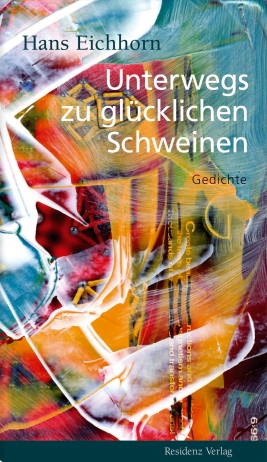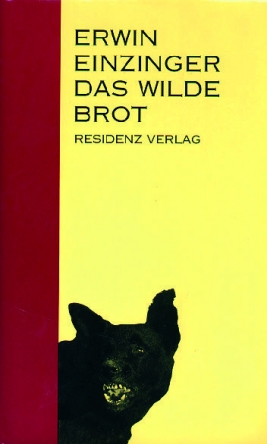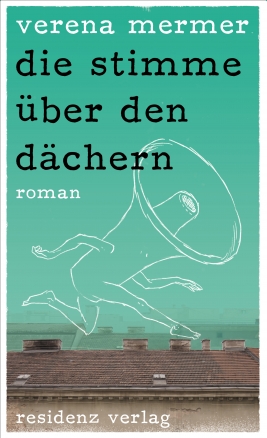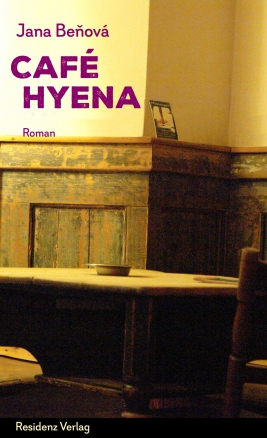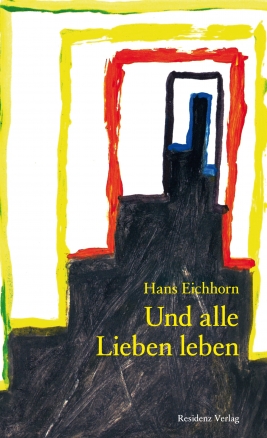
Hans Eichhorn - And All Loved Ones Live
A poetic journey through our daily lives, full of little pin pricks.
The seasons come and go and the fight with and for life calmly continues. All loved ones live, they say. The house protects us as it confines us, two people united for a timeless moment – while feeling abandoned at the same time. Daliy life is difficult to master, memories arise, chemotherapy begins just like the search for one’s self. Or is it a search for you? The new season comes, and all loved ones live… Hans Eichhorn’s strong emotions and images reveal a world of estrangement, illness and hope. Brilliant!
Book details
144 pagesformat:125 x 205
ISBN: 9783701716081
Release date: 26.02.2013
License rights
- World rights available









